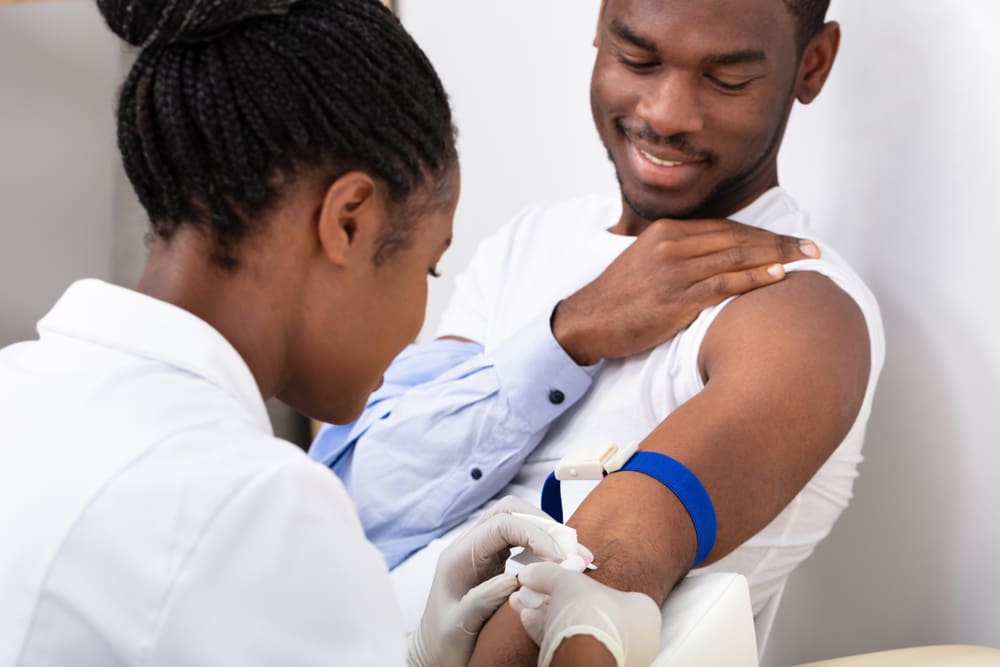In today’s society, being sexually active entails responsibilities that extend beyond the realm of mere protection during intercourse. One of the most critical yet frequently overlooked aspects of sexual health is regular testing for sexually transmitted infections (STIs). Many of these infections show no symptoms, making it easy for individuals to unknowingly spread them. Regular health testing is crucial for sexually active adults to safeguard not only their own well-being but also that of their partners.
Sexual health is a fundamental component of overall well-being, yet it is often neglected or overlooked. The Centers for Disease Control and Prevention (CDC) estimates that there are approximately 20 million new STI cases each year in the United States alone. These infections can have serious consequences if left untreated, including infertility, chronic pain and an increased risk of HIV transmission. Despite these risks, many individuals do not prioritize regular health testing, either due to lack of awareness, stigma or fear of the results.
The Importance of Health Testing
Health testing is essential for sexually active adults for several reasons. Firstly, it allows individuals to detect and treat STIs early, preventing long-term complications. Additionally, testing helps to protect sexual partners from infection, as early detection enables prompt treatment. Regular testing also promotes responsible sexual behavior and encourages open communication about sexual health.
Common Sexually Transmitted Infections
Several STIs can be contracted through sexual activity, including chlamydia, gonorrhea, syphilis, HIV/AIDS and HPV. These infections can have serious health consequences if left untreated, highlighting the importance of regular testing. Testing methods vary depending on the infection but often involve simple and painless procedures such as urine tests, blood tests or swabs.
Recommended Testing Frequency
The frequency of health testing for sexually active adults depends on various factors, including age, sexual activity and risk factors. Generally, individuals should undergo testing at least once a year, even if they are in a monogamous relationship. Those with multiple partners or who engage in high-risk behaviors should consider more frequent testing, such as every three to six months.
Overcoming Barriers to Testing
Despite the importance of health testing, many individuals face barriers that prevent them from getting tested. These barriers may include cost, lack of access to health care, fear of judgment and stigma associated with STIs. To overcome these barriers, it is essential to promote education about sexual health, increase access to affordable testing options and reduce stigma through open and non-judgmental dialogue.
Health testing stands as a crucial pillar of responsible sexual behavior for adults engaging in sexual activity. Its significance lies in the protection of not only one’s health but also that of their partners. Early detection of STIs through regular testing enables individuals to promptly seek treatment, thereby preventing the spread of infections within their sexual network.
By embracing regular health testing, sexually active adults contribute to a healthier and safer society for all. It is through these proactive measures that we can collectively strive towards a future where sexual health is prioritized, and the impact of STIs is minimized. Let us continue to advocate for and prioritize sexual health, ensuring a brighter, healthier future for ourselves and future generations.
This story was created using AI technology.















